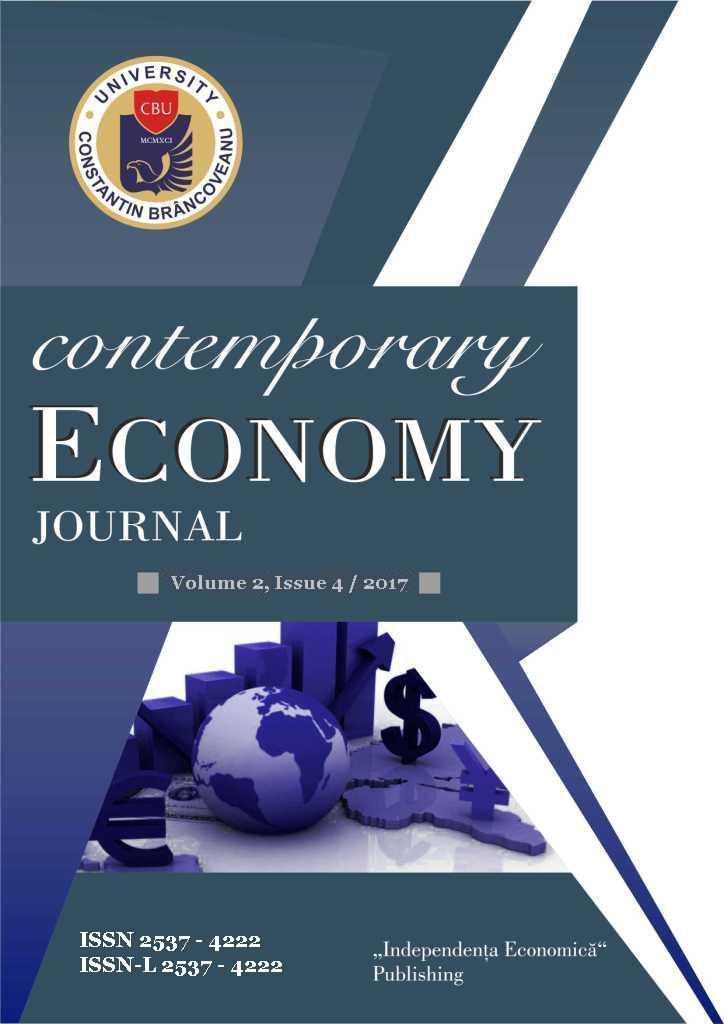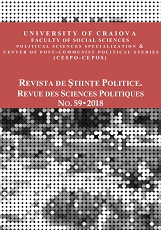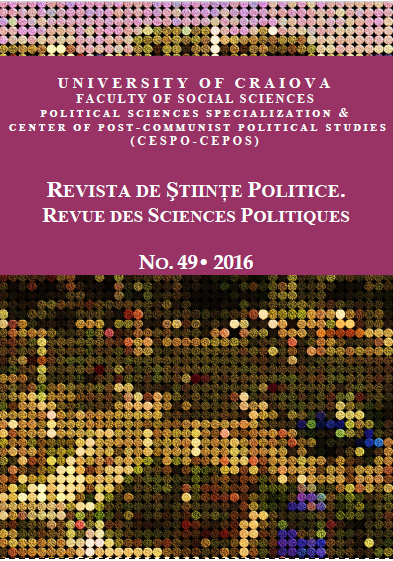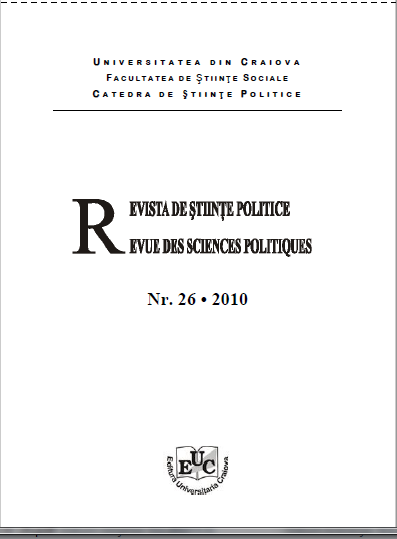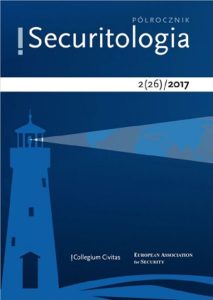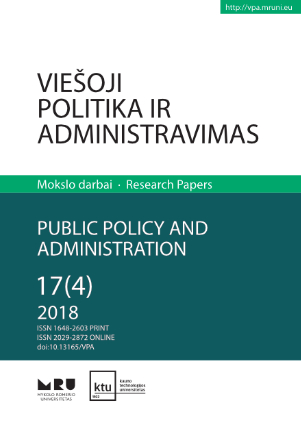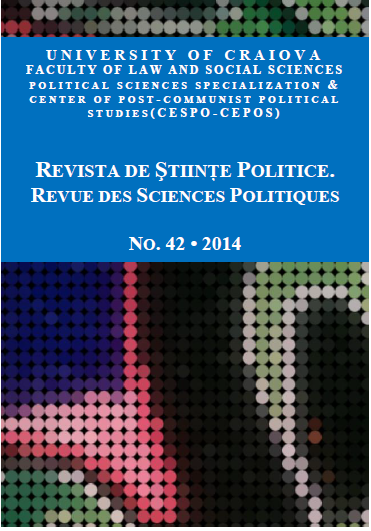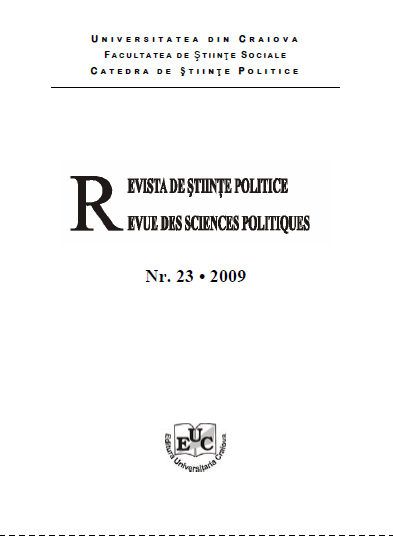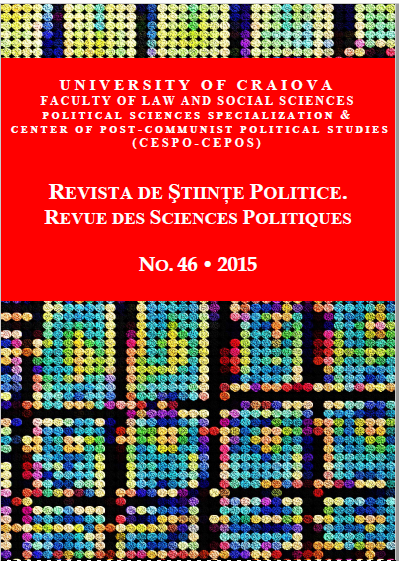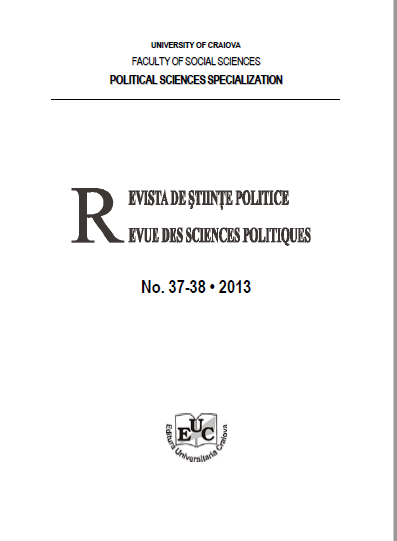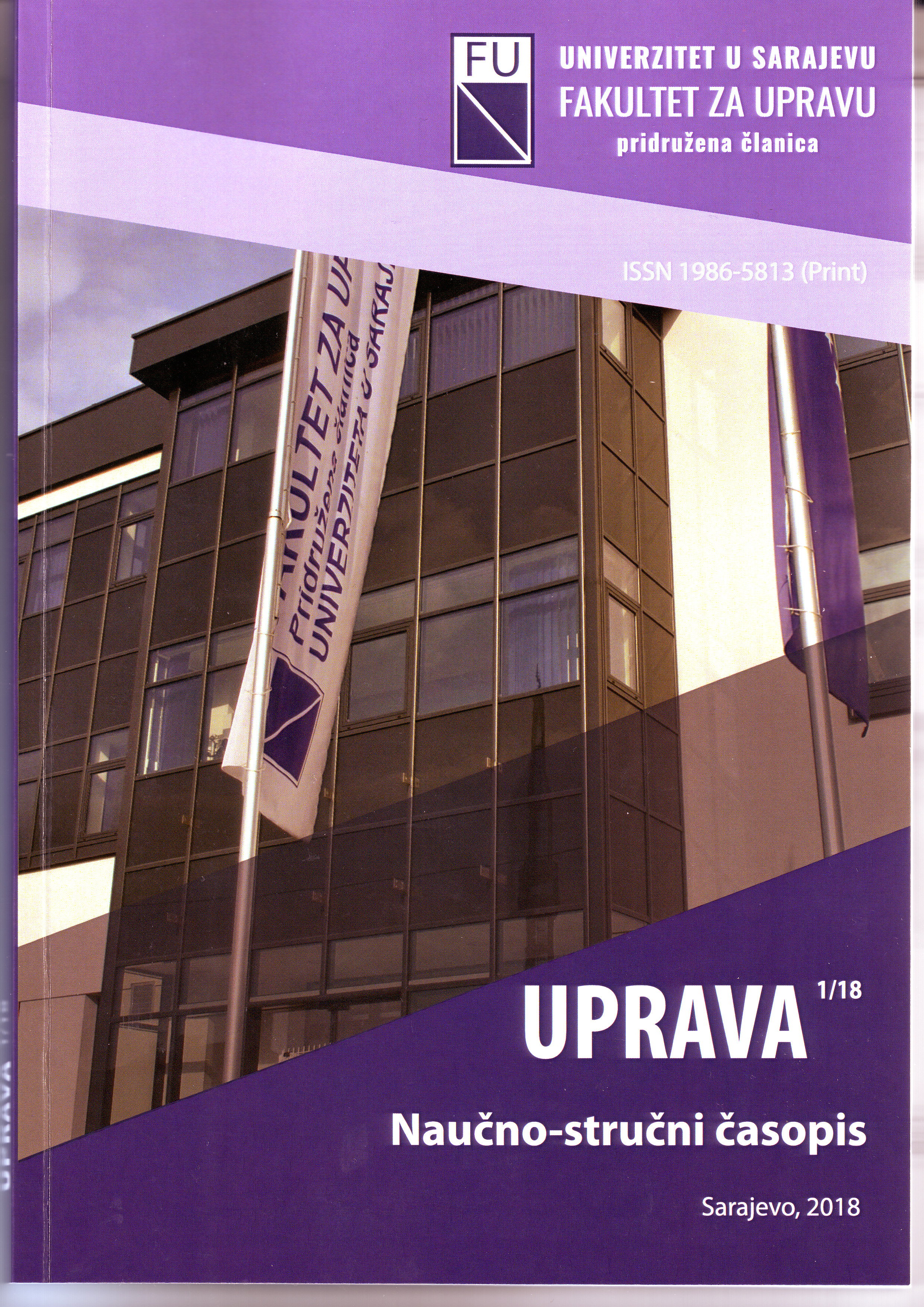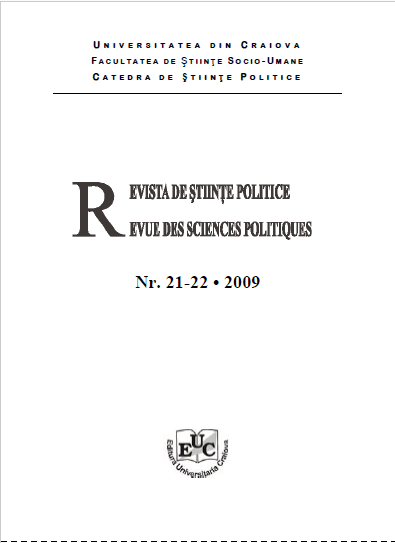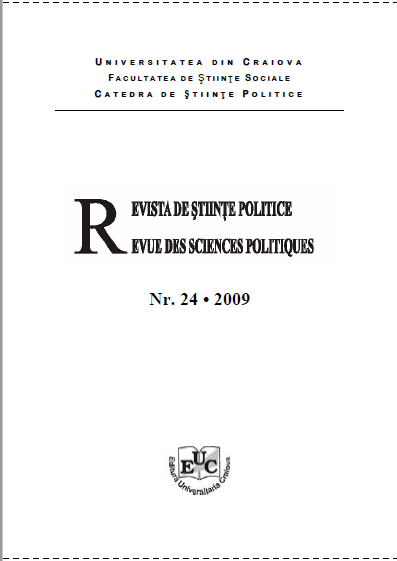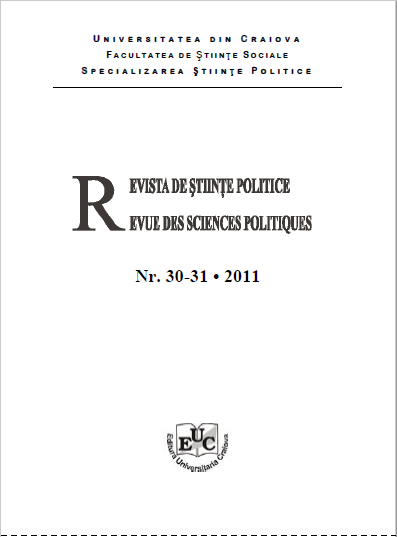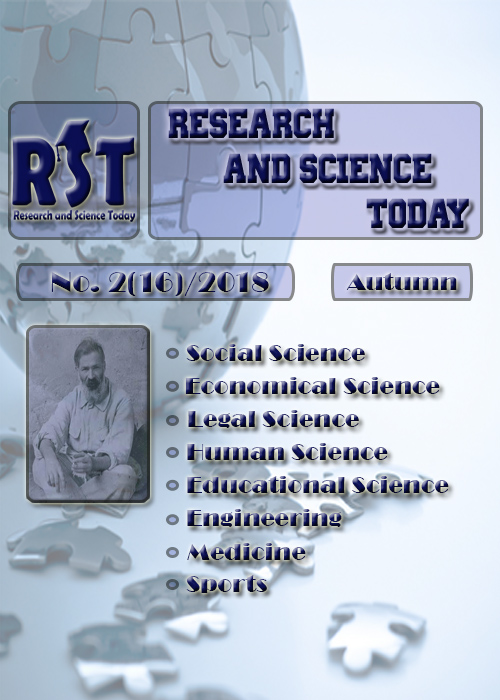
ASPECTS OF THE THEORY OF NON-EXISTENT ADMINISTRATIVE ACTS
THE ADMINISTRATIVE LEGAL DOCTRINE HAS DRAWN UP THREE MAIN THESES ON THE NULLITY OFADMINISTRATIVE ACTS. THESE ARE: THE THESIS OF UNIQUE THEORY OF NULLITY IN ADMINISTRATIVEACTS, THE BIPARTITE THESIS OF ABSOLUTE NULLITY AND RELATIVE NULLITY, AND THE TRIPARTITETHESIS OF ABSOLUTE NULLITY, ANNULABILITY AND NONEXISTENCE. OF THESE THREE, THE MAJORITYACCEPTED THEORY BY THE LEGAL LITERATURE WAS THE TRIPARTITE THESIS WHICH ALSO SETTLEDDOWN THE NONEXISTENCE OF ADMINISTRATIVE ACTS. THIS STUDY PRESENTS ASPECTS OF THE LEGALNATURE OF NONEXISTENT ADMINISTRATIVE PROVISIONS, EXAMPLES OF SUCH LEGAL ACTS, AS WELLAS CONSIDERATIONS ON COMPARATIVE LAW.
More...
